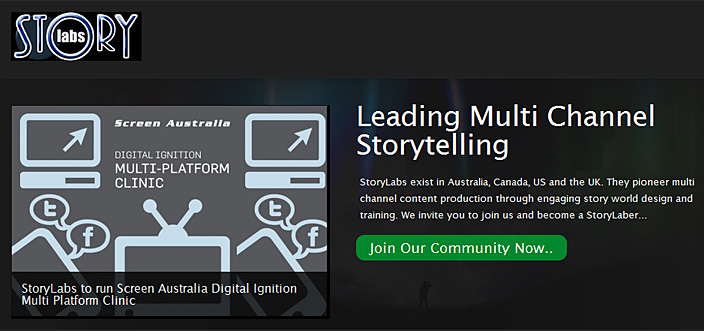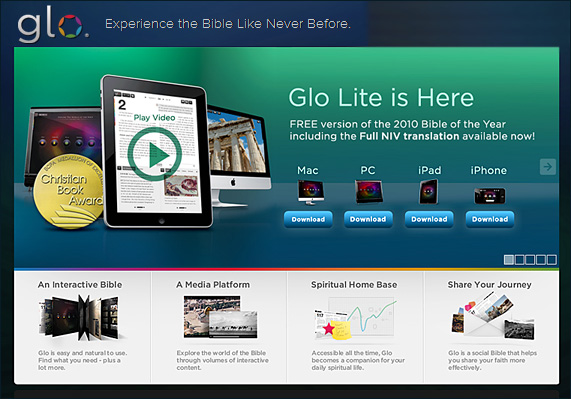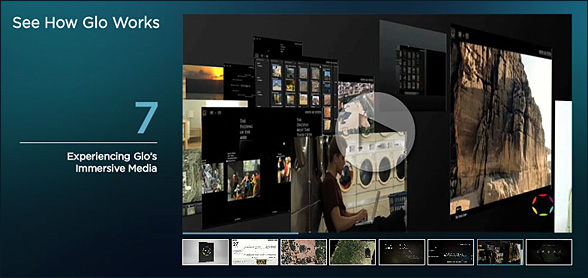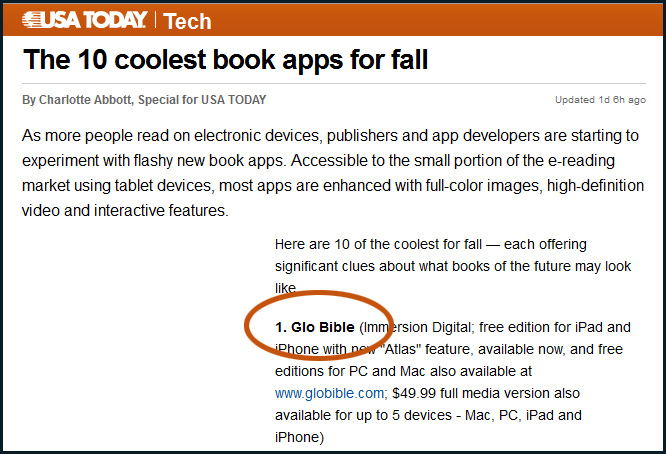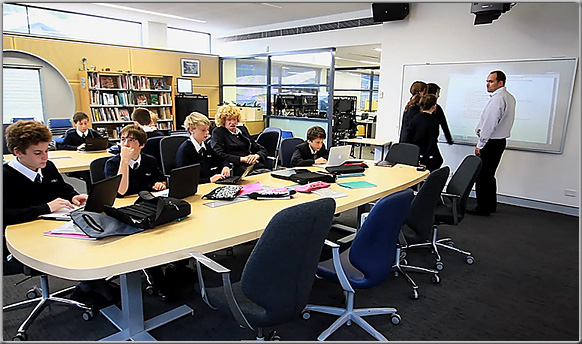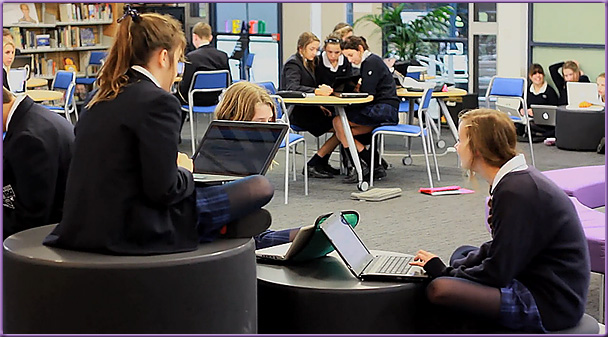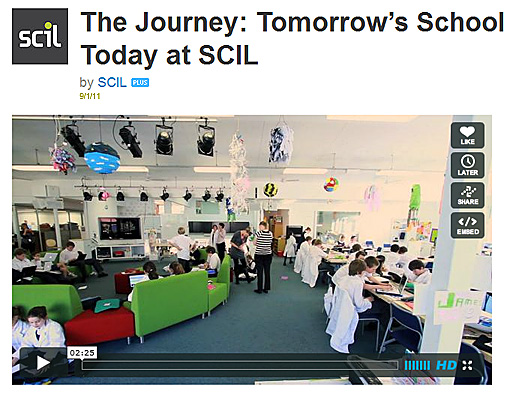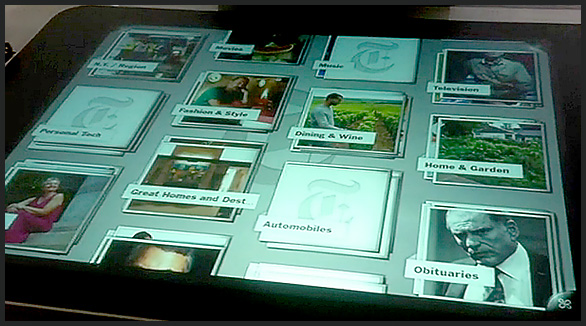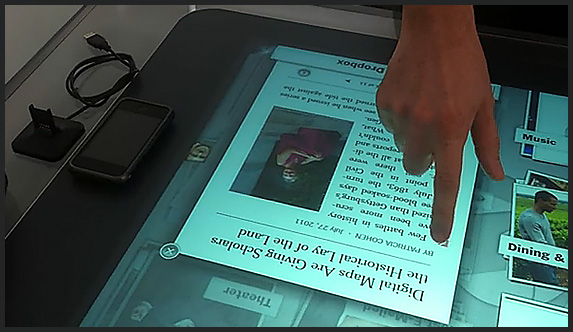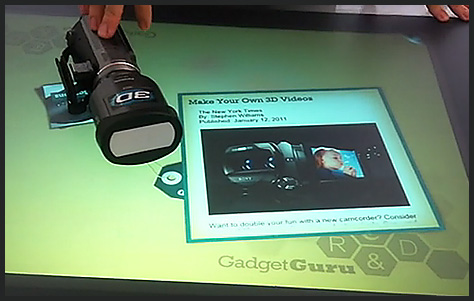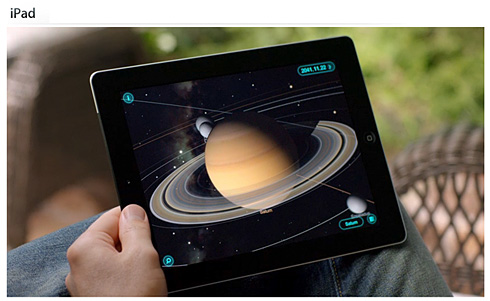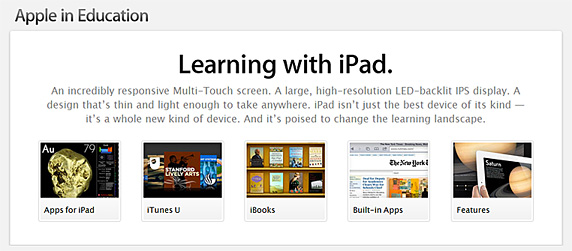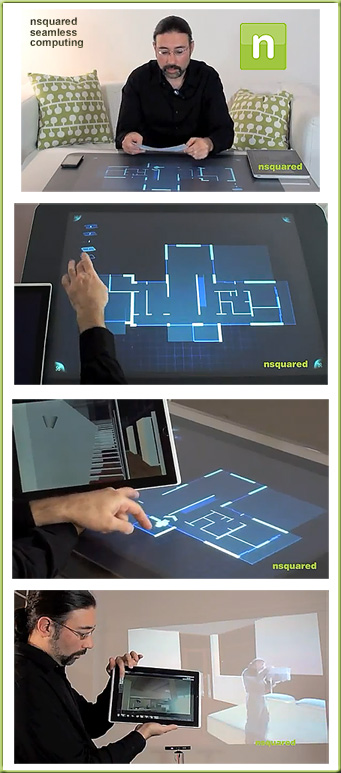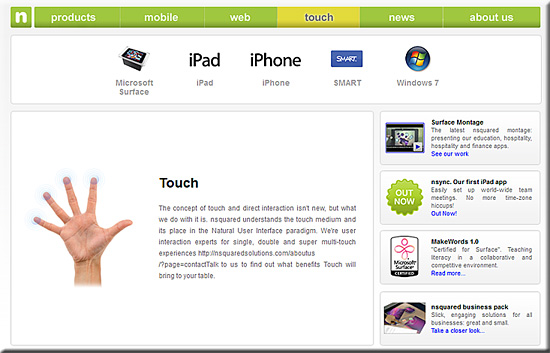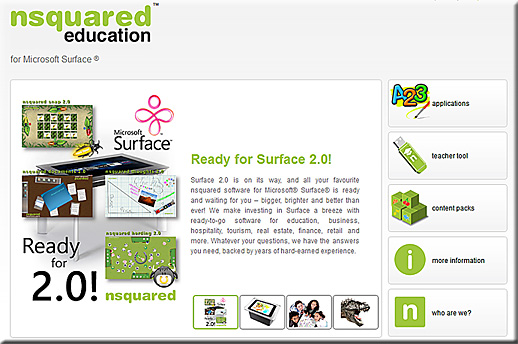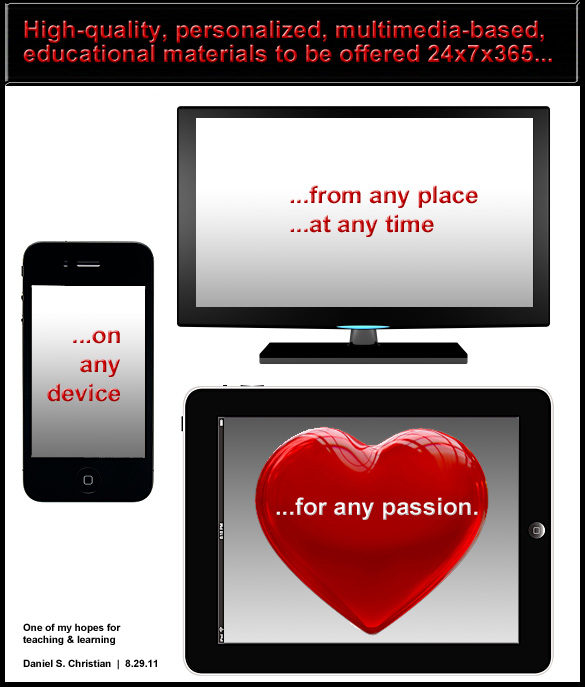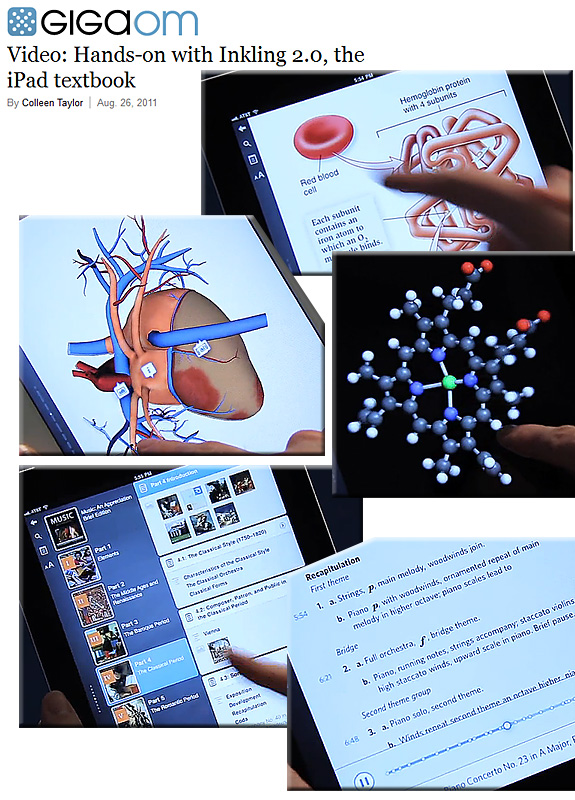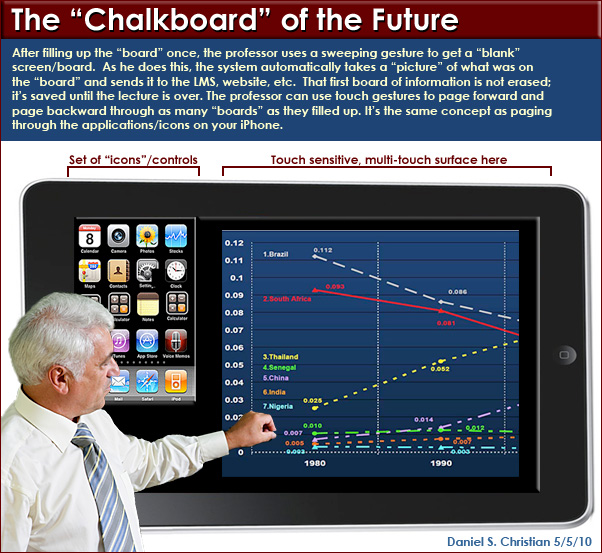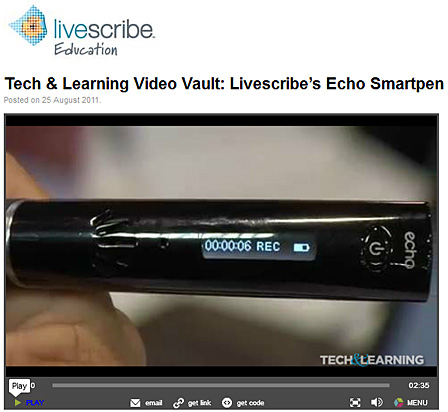IBC News: Opera lifts the curtain on Opera TV Store and TV Emulator — from appmarket.tv by Richard Kastelein
 Apps on my TV? Yes, you heard correctly: web-enabled TV applications are no longer the stuff of sci-fi films. At IBC 2011, Opera Software pulls out of its hat the all new Opera TV Store, a simple solution for developers to build HTML5 apps for connected TVs and devices. OEMs, on the other hand, can take advantage of these ready-made apps and offer them to their customers in an instant.
Apps on my TV? Yes, you heard correctly: web-enabled TV applications are no longer the stuff of sci-fi films. At IBC 2011, Opera Software pulls out of its hat the all new Opera TV Store, a simple solution for developers to build HTML5 apps for connected TVs and devices. OEMs, on the other hand, can take advantage of these ready-made apps and offer them to their customers in an instant.
“Apps are a new must-have on TVs,” said Frode Hernes, VP Products, TV and Connected Devices, Opera Software. “With the Opera TV Store, developers can easily build cool and useful apps for millions of TV viewers. And, yet again, Opera takes these apps across devices, bringing games, news, video and audio apps to TVs, set-top boxes and Blu-ray players.”
Also see:
- Connected TVs to conquer the German market — from broadbandtvnews.com by Robert Briel
- Visiware launches PlayAlong — from digitaltveurope.net
- Pentouch TV — from lg.com
LG PZ850 > LCD TV / LED TV / Plasma TV | 60″ Pentouch TV with 3D - http://loudtwitter.com/interactive_tv/
- BBC researches lottery app — from televisual.com
- Smart TV Just Got Smarter – With Mind Control — from appmarket.tv by Richard Kastelein
- html5video.org
- It’s an HDTV. It’s a Windows PC. It’s a white board. It’s all three. [from device.com]
HTML5 Video Summit
Nov 8-9, 2011 | Los Angeles,CA
HTML5: The Next Generation Of Online Video
It’s becoming increasingly important to deliver video not just on the web but to a multitude of mobile devices, set-top boxes, and connected TVs, and content providers, browser developers, and end users can no longer afford to have the primary video delivery mechanisms locked up in standards that can’t adapt to new environments. The effects of HTML5 have already had an impact throughout the industry. Major media sites such as YouTube, The New York Times, CNN, Vimeo, and more are already offering HTML5 video players, while web giants Apple, Microsoft, Google, and Mozilla are rapidly adding HTML5 features. It’s time to consider how HTML5 can help your business move forward in these exciting times.
Also see:
The Digital Revolution and Higher Education — from the Pew Research Center by Kim Parker, Amanda Lenhart, and Kathleen Moore
College Presidents, Public Differ on Value of Online Learning
Excerpt:
This report is based on findings from a pair of Pew Research Center surveys conducted in spring 2011. One is a telephone survey of a nationally representative sample of 2,142 adults ages 18 and older. The other is an online survey, done in association with the Chronicle of Higher Education, among the presidents of 1,055 two-year and four-year private, public, and for-profit colleges and universities.
Here is a summary of key findings…
From DSC:
First, [perhaps it’s in the appendices, but] how many of the people out in the public who were surveyed have actually taken an online class? If so, how many classes (each) have they taken and when did they take them? From whom did they take them? My guess is that most of them have never taken a class online.
Secondly, I wonder how many people thought that the telephone was a useful instrument/communication device shortly after it was introduced? Perhaps not too many…but did you use one today? Yesterday? I bet you did. I did…several times; and I bet that the same will be true of online learning (as online learning didn’t really begin to be used until the late 90’s).
The question is not whether online learning will blow away the face-to-face classroom, it’s when this will occur…? There will be many reasons for this, but the key one will be that you are putting up a team of specialists instead of using just one person. If they are reeeeaaaalllyy good (and a rare talent), that person can do the trick for now; but their success/job will continue to be increasingly difficult to perform, as they continue to pick up new hats each year, as the students’ attention spans and expectations continue to change, as lower cost models continue to emerge, etc, etc…
As Christensen, Horn, and Johnson assert, the innovation is taking place in the online learning world, and it will eventually surpass what’s possible (if it hasn’t already) in the face-to-face classrooms.









